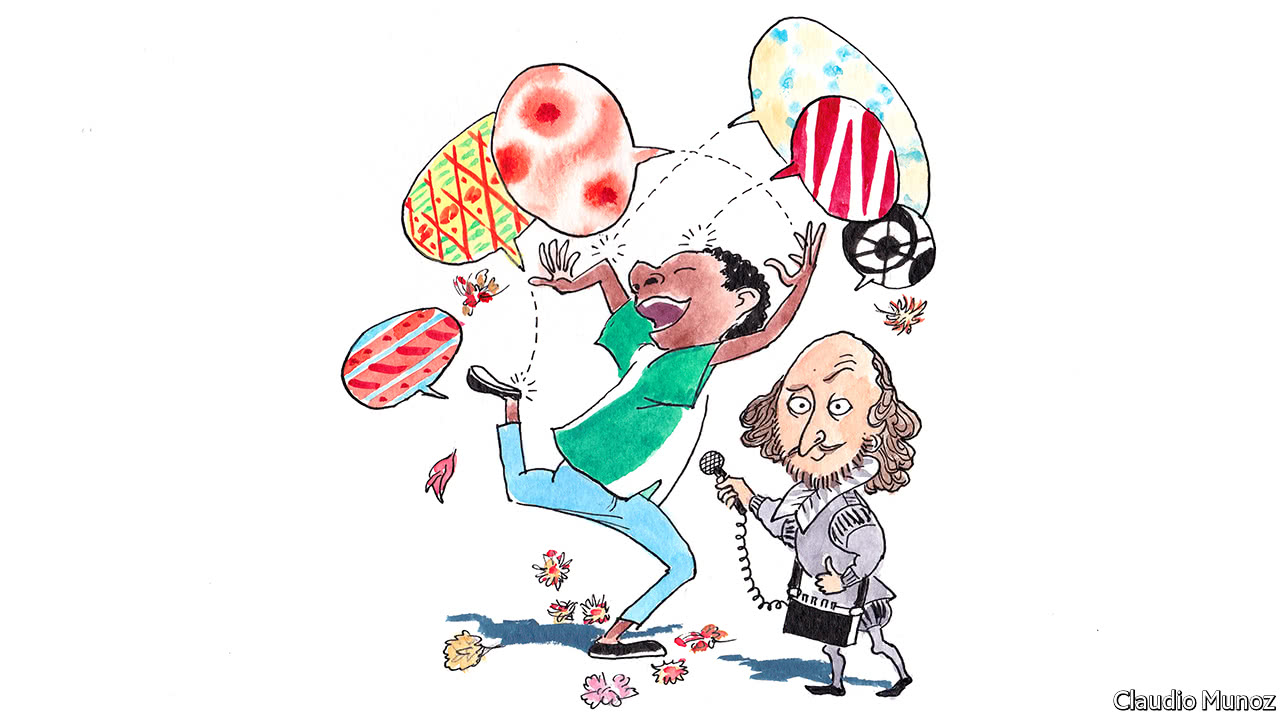SUDAN
Of Zebras and Stripes
In January, during his last month in office, former President Barack Obama temporarily lifted the economic sanctions on Sudan that had been in place for 20 years.
Obama’s rapprochement with the delinquent and violent regime of longtime President Omar al-Bashir was deemed a reward for the president’s “positive actions,” the Economist notes.
Sudan cooperated with the United States in its fight against global terrorism, sought to end its wars with rebels in the country’s west and south, and allowed aid workers to reach destitute civilians in conflict zones.
But with a new American president at the helm, a decision must be made about the permanence of normalizing relations with Sudan and its president. It begs the question: Can a zebra really change its stripes?
Many remain skeptical – and for good reason.
President Bashir seized power in Sudan in 1989 in a coup against a democratically elected government. He then proceeded to ban political parties and consolidate power through a series of sham elections and intimidation campaigns, the BBC reports.
Bashir’s crackdown on rebel groups in the western region of Darfur resulted in the systematic murder of hundreds of thousands of non-Arabs and perpetuated a drastic humanitarian crisis that continues today. Bashir is now wanted by the International Criminal Court for orchestrating genocide in Darfur. Many see his actions as simply unforgivable.
At the same time, some are starting to recognize Sudan as a potential partner for regional stability. Khartoum once helped smuggle weapons into Gaza vis-à-vis Iran, but diplomatic relations with Tehran have since cooled. Sudan now says it wants to normalize relations with Israel, Haaretz reports.
The United Nations also believes that Darfur, while still fragile, is reaching a point of stability. It announced in June that it will withdraw more than one-third of the nearly 19,000 peacekeepers it has in the region, the New York Times reports.
Still, human rights activists say that below the surface nothing has changed.
Last year President Bashir’s regime was accused of using chemical weapons against Darfuris. In an open letter to the Guardian, Niemat Ahmadi, president and founder of the Darfur Women Action Group, wrote that Sudanese forces continue to pillage Darfuri villages, rape women and reallocate stolen land to Khartoum loyalists.
And while Darfuri rebel factions have come to the table to negotiate peace with Khartoum, they fear that campaigns to demilitarize Darfur could leave the region at the president’s mercy, AllAfrica.com reports.
The Trump administration’s opinion on Darfur is still unclear: The White House recently pushed back a decision on whether to permanently end sanctions against Khartoum.
But with inflation on the rise and the Sudanese economy grinding to a halt, the White House needs to decide whether the zebra really has changed its stripes – or whether pretending to see a new pattern is in the best interest of both nations.



